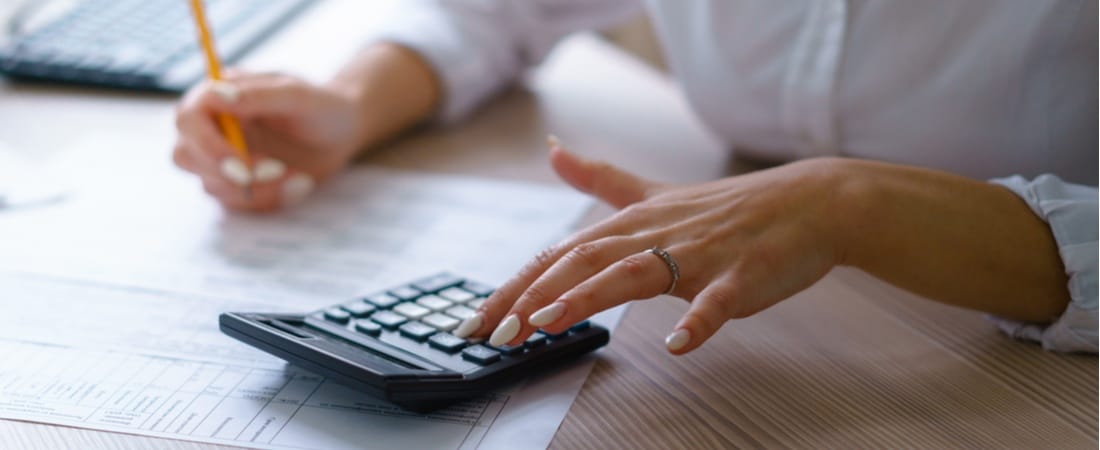How do I avoid capital gains tax on the sale of a second home? This reader sold their second home and wants to know how to reduce capital gains tax.
Q: I sold my second home last year. I had owned that home for many years. I bought a new one at a higher price. How is my tax calculated on these transactions?
Calculating Taxes on the Sale of a Second Home
A: Let’s start with the sale of the second home and we’re going to assume that you used it as a vacation property and never used it as a rental or investment property.
When you sold that second home, you didn’t qualify for the primary home sale exclusion that would have allowed you to exclude from federal income taxes profits on the sale of up to $250,000. (To qualify for that exclusion, you’d have had to have lived in that home as your primary residence for not less than two out of the last five years and complied with several other IRS requirements.)
Had the home been an investment property, you could have sold it under the provisions of Section 1031 of the Internal Revenue Code. That provision would have allowed you to sell the home, set up a tax-deferred exchange with a company specializing as a qualified intermediary, and then buy another investment property at or above the sales price of the first to defer payment of any federal taxes owed on that sale.
Instead, this is a place where you probably spent countless hours enjoying life. Unfortunately, the IRS doesn’t have a special tax break for properties used for pure enjoyment. If you had a profit on the sale of the second home, you’ll have to pay capital gains on that sale. That capital gains tax rate would be up to 20 percent plus the 3.8 percent additional tax. Let’s just say that the high end of the tax for you would be about 24 percent of the profit.
(As there is no longer a “rollover replacement rule,” the purchase price of the new home doesn’t factor into your situation.)
How Do I Avoid Capital Gains Tax on the Sale of a Second Home?
So, how much profit did you actually make? You certainly should know the purchase and sales prices for the second home property. You probably also had a number of expenses when you sold the home, including the broker’s commissions, listing fees, closing costs and title charges and perhaps others. Adding up all these numbers will help you figure out the total costs of purchasing and selling the property.
But what about improvements? Let’s say you owned the home for 20 years and over those years you made certain major improvements to the home, including replacing the roof, adding a bedroom and bathroom, rewriting, and regrading the landscaping. You may be allowed to add the cost of all of those improvements and replacements to the cost basis of the property. So if you put on a new roof ($15,000), added a room to the home ($50,000) and renovated the kitchen and two bathrooms (another $60,000), all of those expenses would add to the cost basis of the property and reduce the potential tax that you might incur.
Calculating Costs and Capital Gains Tax
You’ll need to sit down and go over what you’ve paid for various upgrades, remodeling projects and additions to figure out what you’ve put into the property over the years. Once you have that information, you can add that number to the total cost of buying and selling the home for your cost basis, and subtract that number from the sales price.
Once you’ve calculated the profit, you can start to understand what you might pay in federal taxes. Keep in mind, that for many homeowners, unless values have gone up substantially over the last several years, some owners may pay no taxes on the sale as they might not have any profit. Others, living in areas that have appreciated substantially may have to pay upwards of 24 percent of the profit to the federal government plus any state and local taxes that may be required.
The amount you pay will fluctuate depending on what else is in your federal income tax return, so be sure you work with a qualified tax preparer who can help you plan for any tax bill due.
Read More About Capital Gains Tax and Home Selling
How Capital Gains Tax on the Sale of a Property Held in a Trust Works
Capital Gains Taxes On The Sale Of a Second Home
How Joint Homeownership Affects Capital Gains Tax
Avoiding Capital Gains Tax When Selling Investment Property
How to Avoid Paying Capital Gains Tax on Inherited Property







Leave A Comment